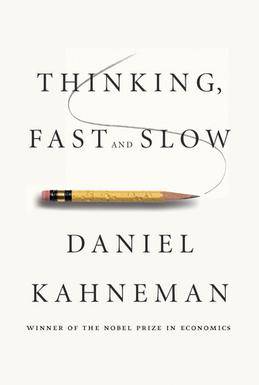I am told I learn too fast. What is wrong with fast learning?
When it comes to learning and gaining new knowledge, faster is not always better. If you need to learn something that is important (or even life-saving), it would be good to keep in mind that an average person retains only 10% of what they learn in a year. Below, we have some tips for you to learn effectively and remember more than just 10%. And yes, when you apply them, your course takes some time to finish. However, what you end up with in this case is going to be worth it.
There is no use in learning something if you cannot use or apply it later in life when you actually need it. Unfortunately, learning effectively and finding ways to remember more than the average of 10% does not happen automatically.
The following advice can help you learn more effectively and be sure that you will be able to actually use what you learn.
Some things to keep in mind when learning a language
- The maximum number of new words an adult can learn per day is 2 - 6 words.
- To learn a new word, you need to repeat it 7 - 20 times before it can become part of your vocabulary.
Some things research tells us about learning in general
People cannot focus well for long periods of time. Also, using only a focused learning mode will not help you learn much in the long term. Professor Barbara Oakley, one of the authors of the most popular online learning course "Learning How to Learn" explains that there are focused and diffuse, i.e., relaxed, forms of thinking and that both are needed to learn something and be able to remember it in the long term.
In the same research-based course, it is also made clear that:
- To learn and remember something you need to space your learning out. You need to practice at least several days a week and keep it up for several weeks. Biologically speaking, this gives your brain time to form new synapses and this is needed for you to learn something.
- Learning works better if you switch back and forth between different techniques. This is exactly what you do if you go through our courses on EnglishCentral. This is why we have the "Watch," "Learn" and "Speak" modes on EnglishCentral. This is also why there are so many different types of quizzes and exercises on our partner platform.
- In order for learning to occur, practice, repetition and recall are needed to creat links in our brain.
- To learn something, it will help you a lot if you test yourself regularly. After studying for 20-30 minutes, take a few minutes to remember what you have just learned. Of course, you can also regularly take tests. Another great idea to reinforce knowledge is to teach someone else what you have just learned. All of these activities are related to recall. Testing yourself and recall are the best ways to strengthen your learning.
- Take time to study actively outside the course. It is, actually, a good thing when you learn something, to then go and try to recall and apply what you have just learned. After that, come back and do another course, and so on and so forth.
Nobel Prize winner Daniel Kahneman on remembering
Intelligence is not only the ability to reason; it is also the ability to find relevant material in memory.
This is his quote from the book "Thinking, Fast and Slow"

More about forgetting
Numbers on how much we forget after learning something can differ based on each individual study. The situation may, probably, be worse than we actually stated, i.e., on average people forgetting 90% of what they learn after a year. The first person that became famous for his research on how much we forget is the German psychologist Hermann Ebbinghaus.
Research on the "forgetting curve" that was first done by Ebbinghaus and used by many after him shows that:
- within an hour, people forget an average of 50% of the information learned
- within a day, they forget an average of 70% of the information learned and
- within a week, they forget up to 90% of what they "learned"
Of course, since Ebbinghaus published his study on the forgetting curve and "spacing," a lot of research has been done. One such recent study replicating Ebbinghaus's findings can be found here.
The good news is that there are actaully many ways to bring down the percentage of what you forget! However, in this case some effort needs to be put.
More to visit, watch, read
- Free online course "Learning How to Learn"
- TEDx Talk by Dr. Barbara Oakley
- Research on the effectiveness of different learning modes carried out among Filipino maritime students
Related info...
How should I study on englishcentral.com?
If you adhere to your weekly goals on englishcentral.com, you should be able to finish your courses in 2 months.
Where and how can I quiz words on englishcentral.com?
Learning (new) words and how to use them is an important part of learning a language. Let us explain how the quiz functionality on englishcentral.com can help you learn words faster, remember them better and, last but not least, understand how the same words can be used in different contexts.
Need support?
- Mail us at support@spotonlearning.nl
- Use chat/mail to contact us
- Check the FAQ's
About us
Spot On Learning helps international organisations with international crews and teams learn faster.